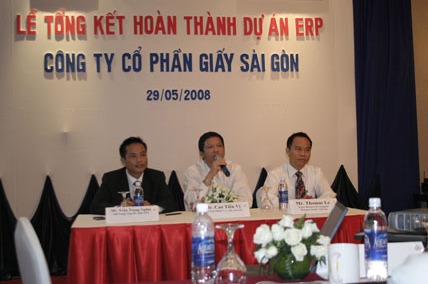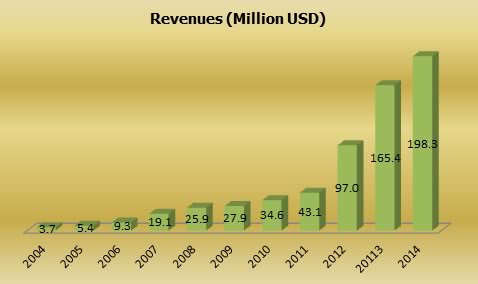A Manitoba company is months away from launching 100 percent tree-free, wheat straw-based paper in North America.
It’s a commercial success story in an agricultural biofibres industry that always seems to be on the verge of creating real industrial demand for farm waste but never quite gets there. “A lot of it is perseverance,” said Prairie Pulp and Paper co-founder and president Jeff Golfman. “We’ve been at this 15 years.”
Golfman’s company already markets an 80 percent tree-free, straw-based paper through the market dominant Staples office supply chain and the Unisource business-to-business distribution chain. It is manufactured in India, but Golfman hopes to build a pulp and paper plant in Manitoba as soon as the company sells enough paper to support it, using the large volumes of Red River Valley wheat straw that farmers now burn most autumns.
Step Forward Paper has been making a big media splash, partly because of its trendy “green” attributes and partly because of its promotion by investor and Hollywood star Woody Harrelson. Hundreds of articles and mentions of the company and product have appeared in North American publications.
Andrew Gustyn, Unisource’s manager of environmental sustainability, said Golfman’s success due to business acumen rather than just a good idea. Ideas are cheap and plentiful, he said, but a solid industrial business that can consistently supply a product based on a good idea is rare. “We end up getting thousands to tens of thousands of individual items (offered to Unisource) on a yearly basis,” said Gustyn. “We need to understand that they’re going to be there for a while.”
Gustyn said Prairie Pulp and Paper developed its product, supply chain and marketing plan so that it could guarantee it could supply a dependable product. It involved years of product testing and formulation, a three-continent, globe-trotting process of developing and producing the product and finding financing to ensure the paper could be made, brought to North America and provided consistently to retailers.
Biofibres from sources such as hemp and flax are refined and incorporated in industrial uses such as composites used in cars and aircrafts. Many products are under development around the world. However, paper is a massive market with potential to consume unwanted straw from farmers’ fields. Many people assume the paper business is declining, with electronic communications replacing printed forms, but in reality growth in countries such as India and China is more than replacing mature market declines. As a result, the market for paper is bigger than ever.
“Even if we go down 50 percent, even 100 percent here in North America, worldwide demand is going up,” said Golfman. “They’re going up gangbusters.” The Step Forward Paper is made in India because manufacturing plants there are more modern, advanced and environmentally efficient than North American plants, which are old. The last new pulp plant in North America was built 38 years ago, and it has been shut down.
Golfman said he isn’t worried about the cost of competing with low labour costs from overseas suppliers once his Canadian plant is running. Any plant he builds will be almost entirely automated and will employ Manitoba’s cheap industrial energy.
“If you have no labour and you have got cheap fibre, you’ve got yourself a compelling business argument,” said Golfman. Gustyn said Step Forward Paper is price competitive with 30 percent recycled paper and cheaper than 100 percent recycled paper, which is a “sweet spot” in the market. As a result, the company is making sales, moving into the retail office products market and making plans to eventually enter the commercial printing market.
(www.producer.com)
678 Views
0 comment
1183 Views
0 comment
678 Views
0 comment
2035 Views
0 comment
22448 Views
0 comment
16695 Views
0 comment








